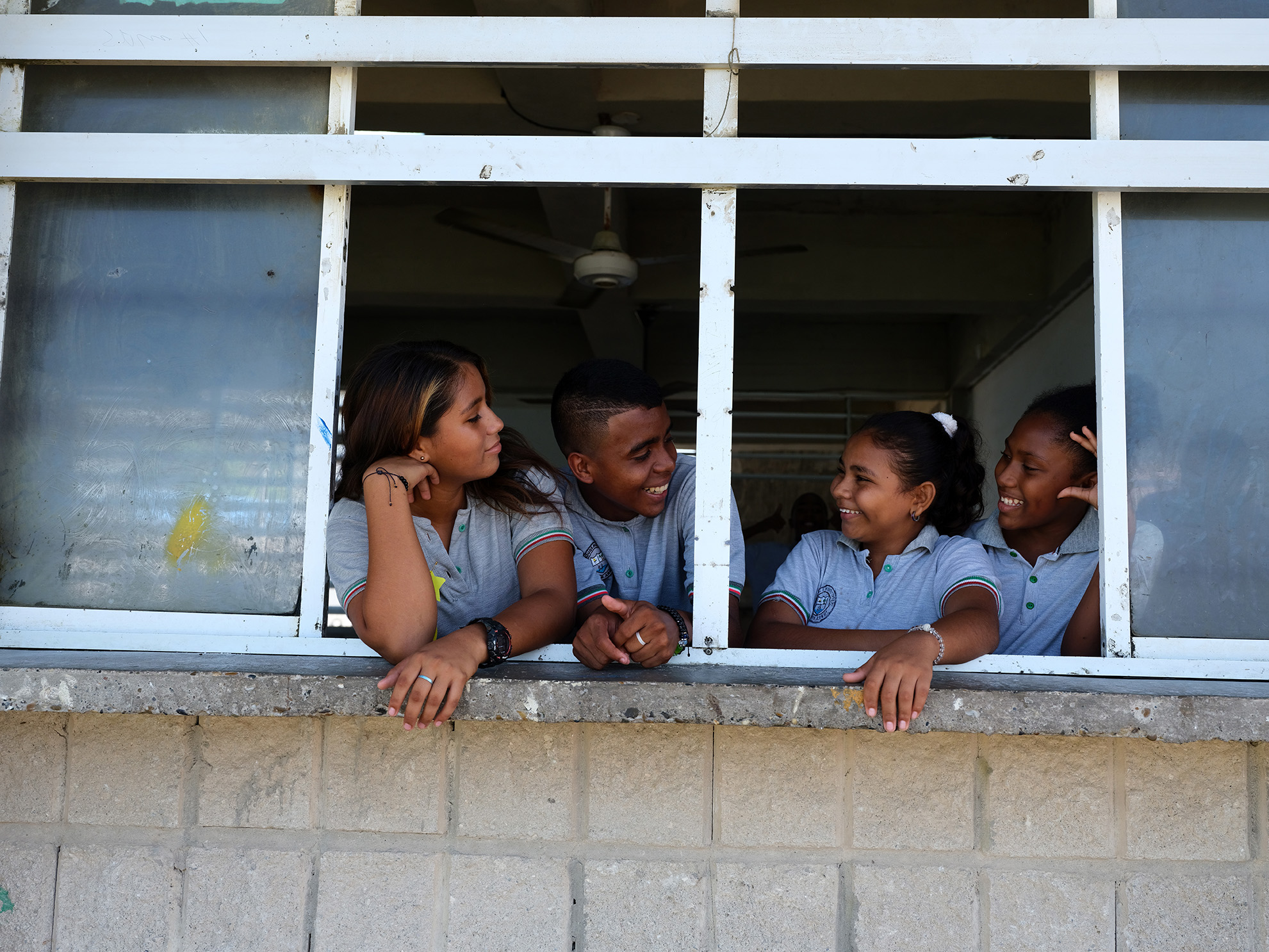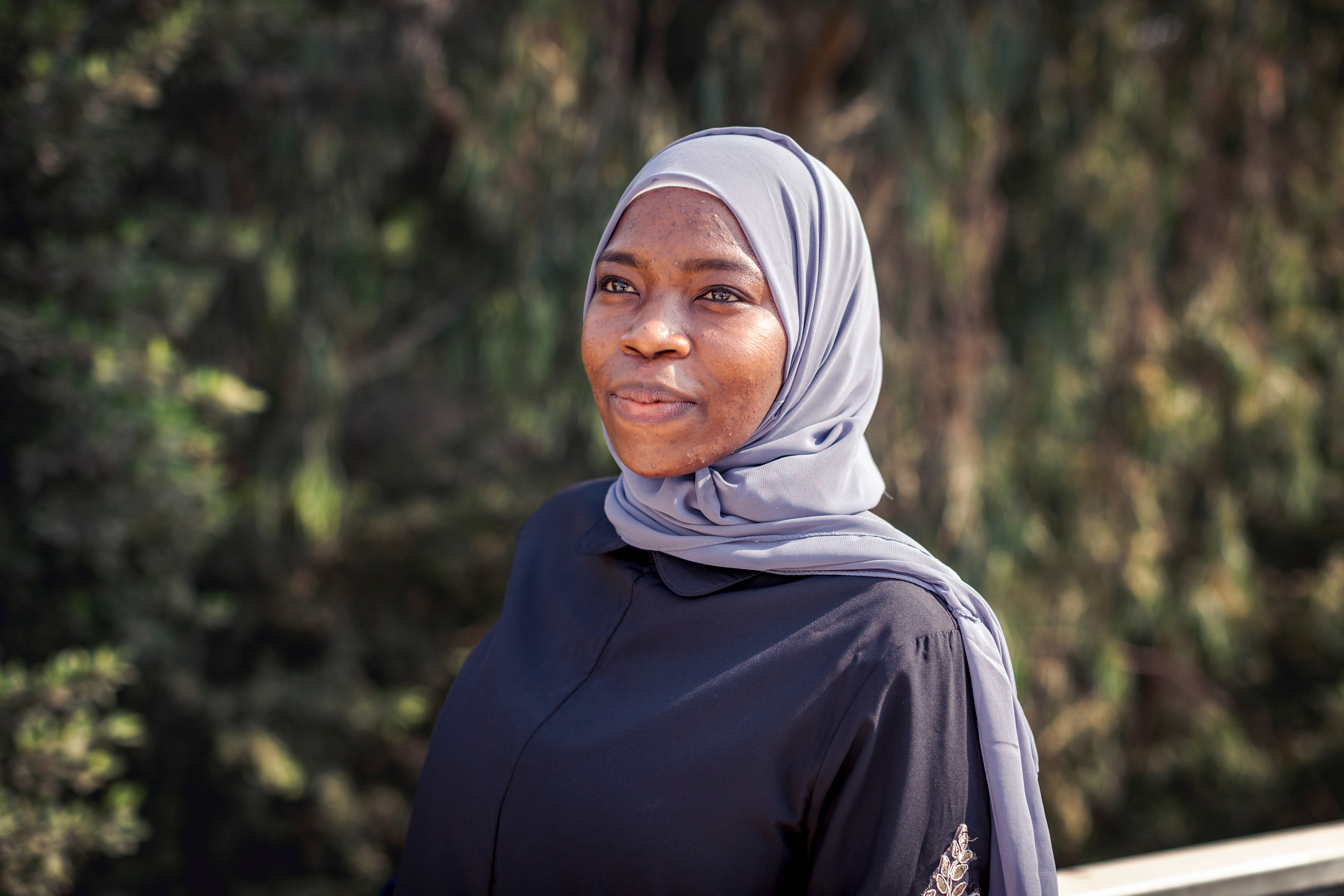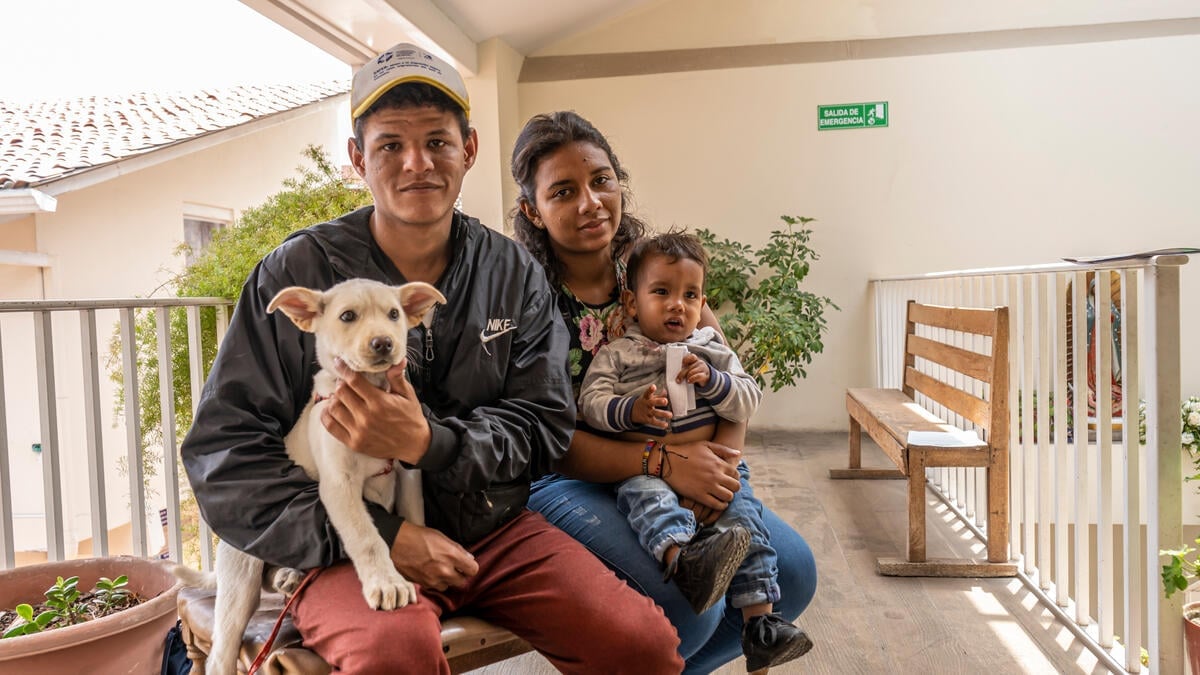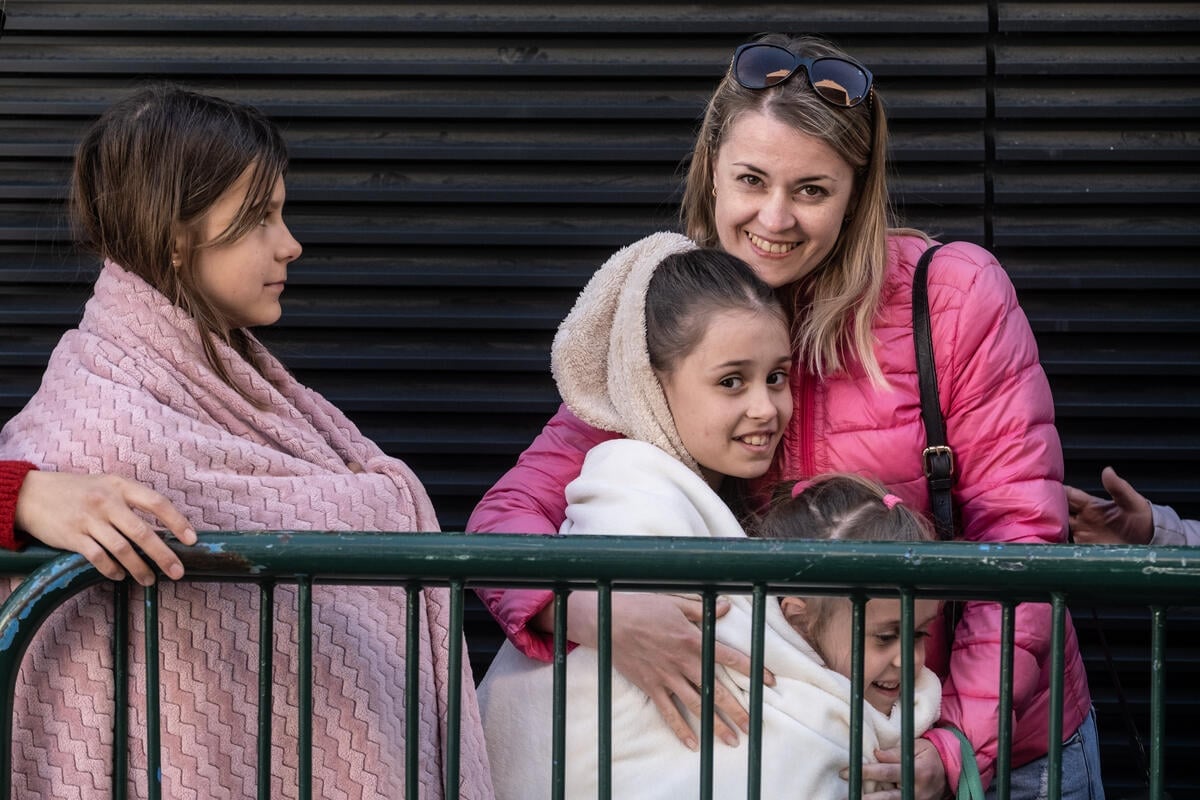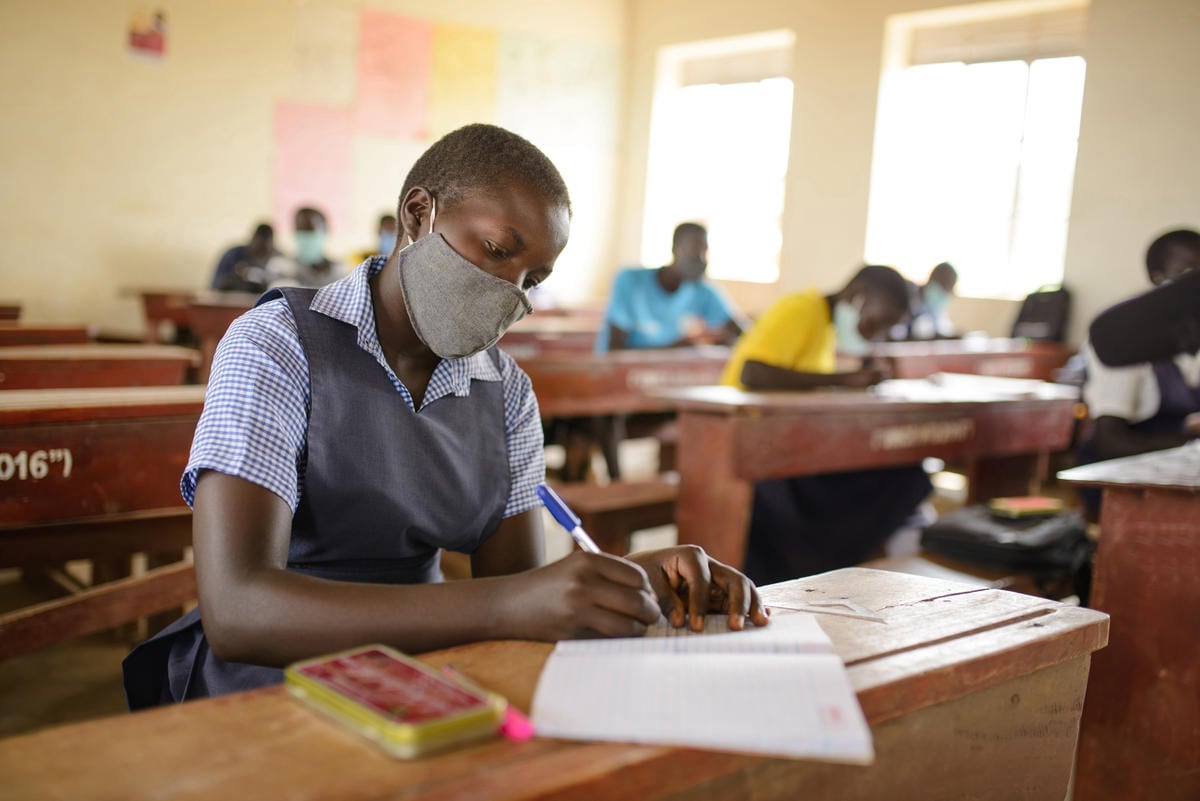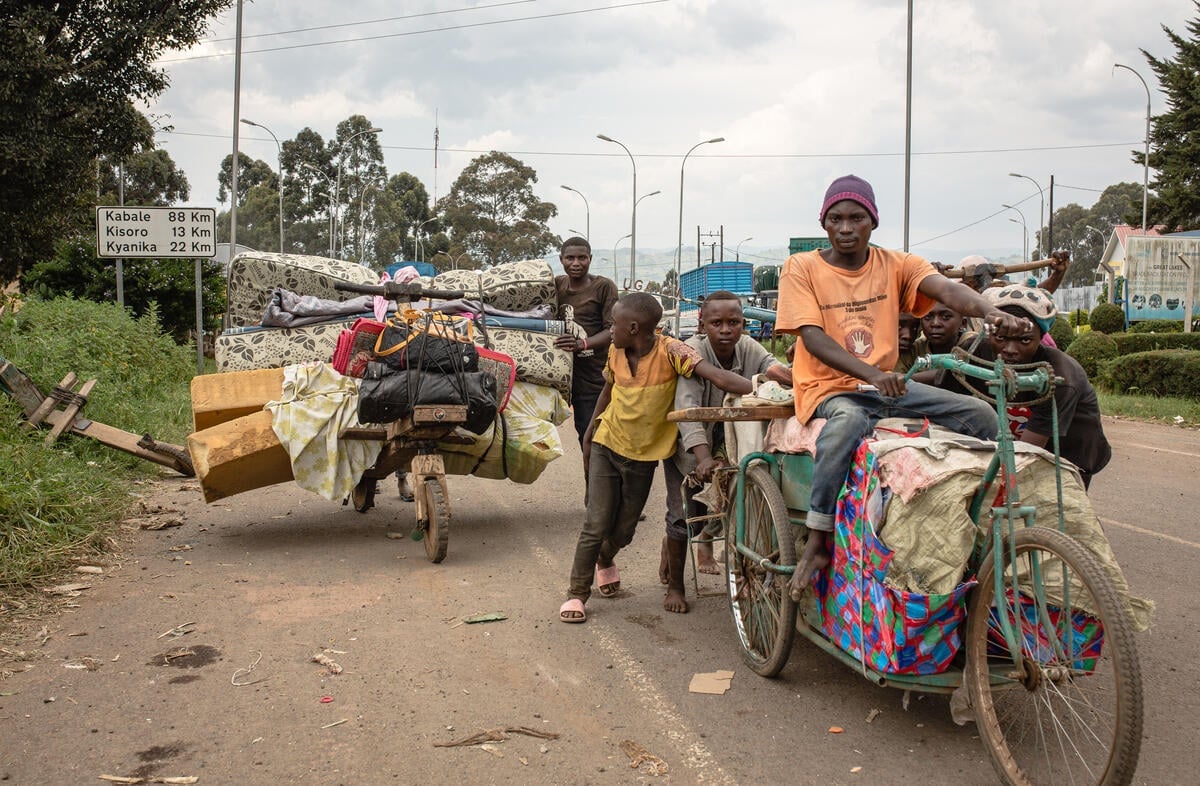Feature: A school boat in a Venezuelan jungle
Feature: A school boat in a Venezuelan jungle

MACANILLAL, Venezuela, Feb. 10 (UNHCR) - "For a long time, I couldn't get to school," said 10-year-old Jose, pointing towards the Arauca river that runs along the Colombian-Venezuelan border. "When it rains here, the water rises way up, sometimes up to our waists. And it's filled with wild animals - my mom says that there are even alligators."
José attends Macanillal Public School, some 30 minutes from the Colombian border in the remote Venezuelan state of Apure. The community of Macanillal is is home to many families who have fled the decades-long Colombian conflict. Unofficial estimates say that some 3 million Colombians have been displaced inside their country since 1985. Tens of thousands more have crossed borders to seek safety in neighbouring countries in the region, including around 15,000 in Venezuela.
In the humid, jungle zone in Apure, dengue, yellow fever and malaria are rampant. Health care is nearly non-existent and the proximity to war-torn Colombia leaves the residents in a state of insecurity. Besides these problems, the community must cope with a six-month-long rainy season. Heavy flooding cuts the community off from nearby villages and makes the local school inaccessible.
"We used to have to go to school in shorts and would put on our uniforms only after arriving at the school, and that's those of us who came, those who tried to get to the school at all," said 12-year-old Alejandra.
Most of the children in Macanillal are forced to abandon their studies for half of the year until the river becomes passable again. Frustrated at seeing their young people missing classes, the community raised the idea of establishing a "school boat" with the UN refugee agency.
The school boat is one of 55 projects implemented by UNHCR in Venezuela's border zone to promote solidarity and support refugee-hosting communities. In all, the agency estimates that 26,000 people - both Colombian refugees and local Venezuelans - have benefited from the projects.
In Macanillal, residents pooled their resources and worked on the boat which will be able to transport up to 48 children to and from their school. UNHCR provided a 15 horse-power motor, which was unveiled at a community ceremony on Jan. 28. "We are very happy, and excited to try everything out," said second-grader Pedro, looking hopefully at the motor. "The motor is very beautiful and I can drive a boat, you know!"
The agency also contributed life jackets to help ensure that the children can travel safely.
One of the key achievements of this UNHCR project is the empowerment of the community itself. The residents have already cut the wood for the boat and started construction so that the boat will be ready for the beginning of the rainy season in May.
"We should pat ourselves on the back for being able to unite and organize ourselves for the good of our children, whether Venezuelan or Colombian," said a member of the local police. "Now we have to stay united in order to take care of what we have achieved and keep striving ahead for ourselves, for those who have been forgotten for such a long time."


